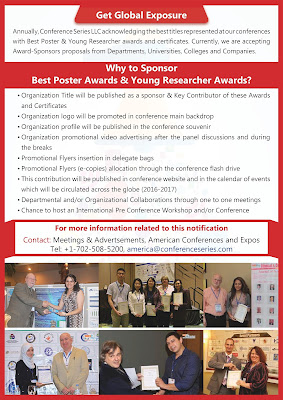The study of macromolecules and macromolecular mechanisms that has an appearance in living organisms is called molecular biotechnology. The main objective of Molecular Biotechnology is to focus on the structure and function of the gene, the nature of the gene, gene replication, gene expressions and mutations. The concept of Molecular Biotechnology was introduced in the 1930s and 1940s and was not only imminent in the early stages of its introduction but gained importance in the 1950s and 1960s. The use of biotechnology Molecular was made by geneticists, structural chemists and physicists. Francis Crick introduced himself as a molecular biologist and further described as "a mixture of a crystallographer".
This implies more room for manufacture for different types of research and analysis. The different types of research involved are immunology, microbiology, genetics, cell biology and molecular biology. The importance of molecular biotechnology is becoming an imminent process in the field of agriculture. The main objective of Molecular Biotechnology is to understand the different biological processes involved and the creation of sensitive products.
Sub Sessions:
- Translational Genomics
- Integrative biology
- Transcriptional neurobiology
- Molecular Biology
- Molecular and Microbial Genetics
- Microbes and medicine
- Applied and Environmental Microbiology
- Axonal neurobiology
- Neuro-Epigenetics
- Stem cells and regenerative medicine
- Molecular Neuropathology
- Developmental Neurobiology
- Molecular Virology
- Molecular Cancer Genetics (LMCG)
- Computational Oncology
- RNA Biology and Biotechnology
- Biomarkers
- Synthetic and Structural Vaccinology
- Artificial Biology
- Virus-Cell Interaction
- Computational Metagenomics
- Molecular Medicine and Pathology






